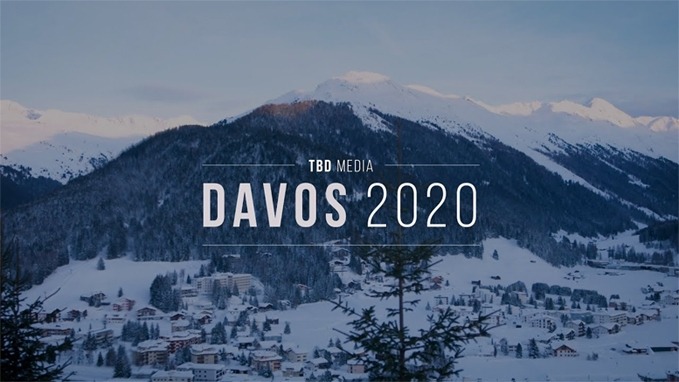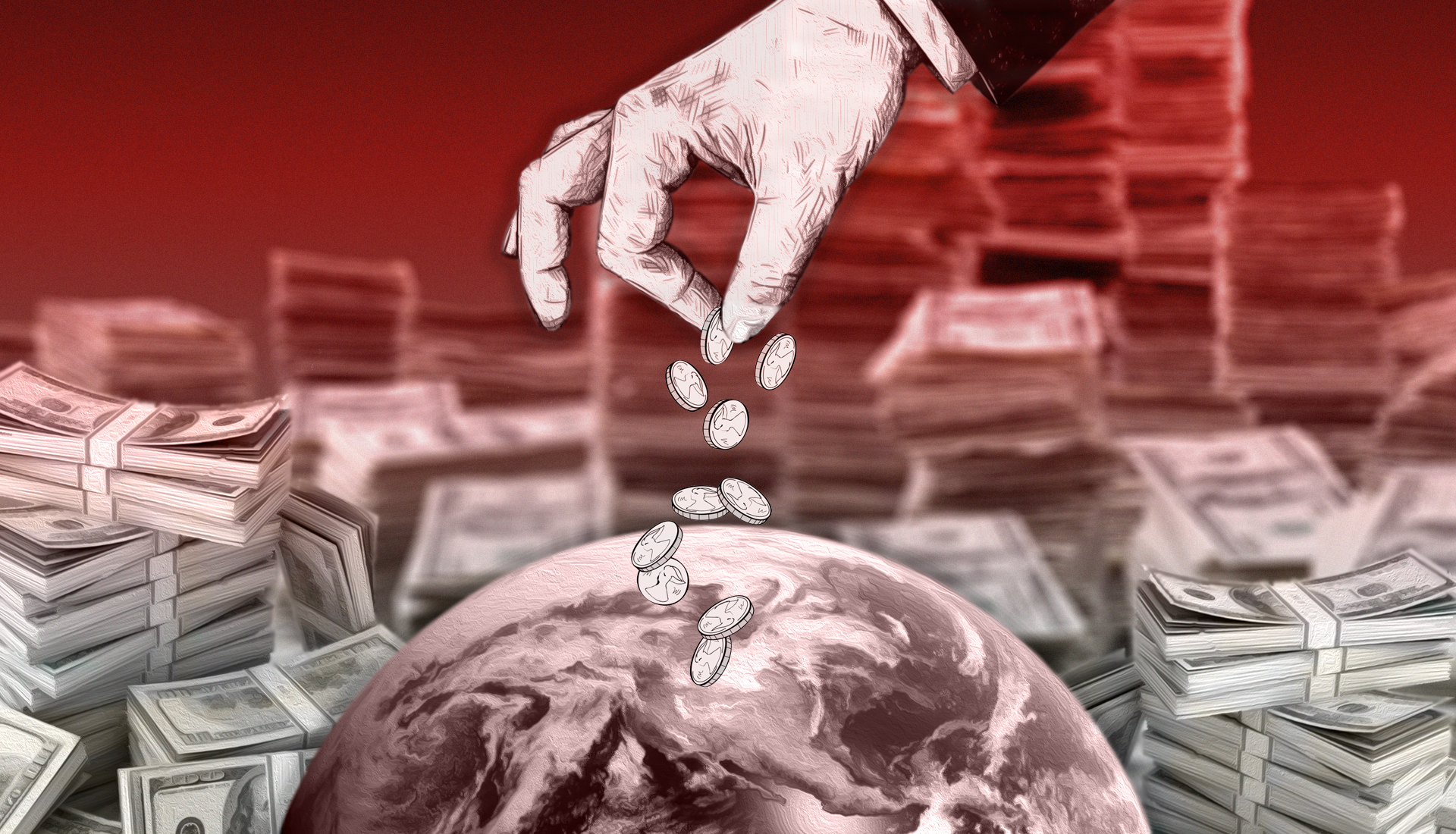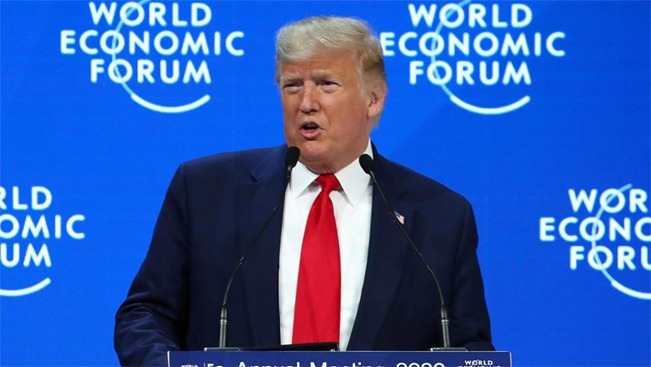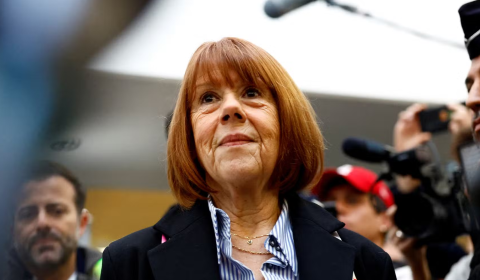It’s time we stop letting corporations place the onus for climate change on society’s least able.
The World Economic Forum in Davos last week was more or less a waste of time, as I pointed out here. The event purported to be a meeting of top economic and political minds aiming to tackle, amongst other things, climate change.
The WEF invited along Greta Thunberg, as well as a host of other young climate activists, whose speeches added legitimacy to founder Klaus Schwabb’s vision of implementing real solutions to global warming. Of course, like all international conferences on climate solutions so far, Davos overpromised and underdelivered. This particular drain of resources stings particularly acutely, however, because, as a Greenpeace report pointed out, 24 of the largest corporations represented at Davos had funnelled as much as $1.4 tn USD into the fossil fuel industry cumulatively since Paris in 2015.
It’s yet another example of economic corporations agreeing to minimal cutbacks whilst harping on about the mandate of the individual to address climate change. The fissure that exists between big companies and everyday people in terms of contributing to the planetary-scale threat is innumerable. This recent report from the Carbon Majors Database found that just 25 corporations and state-owned entities are responsible for more than half of global industrial emissions since 1988.
Most of these are coal and oil producing companies like Shell and BP, to whom Davos representatives Goldman Sachs and Bank of America (amongst others) have been funnelling mountains of cash for years.
So for the Davos attendees to produce any actionable solution that didn’t directly involve overhauling their own operating systems is frankly laughable. Predictably, they didn’t.

Consider the reason that Emmanuel Macron didn’t show up to the conference this year. The French president took precisely the kind of action often deemed necessary by execs at these conferences – whacking up the cost of owning fossil-fuelled vehicles – only to have his country erupt in protests. The message to Macron from the yellow vests and those in the lowest income brackets was clear: don’t talk to us about the end of the world until you’ve told us how we’re going to deal with the end of the month.
The ‘spin’ that’s necessary to pass climate policies is unfortunately at odds with the (justified) alarmism and climate idealism climate activists represent, and it’s an art that Trump’s regime has regrettably nailed. When Olaf Scholz, Germany’s finance minister, said that his government was committed to taxing carbon emissions more heavily, the US treasury secretary Steve Mnuchin replied ‘if you want to put taxes on people, go ahead and put a carbon tax. That is a tax on hardworking people.’
It’s easy to dismiss his comments as those of a politician with his head in the sand, but he has a point. Speedy action to tackle the climate emergency requires political action. But political action will only be possible if governments can carry their voters with them. And that’s not going to happen if any measure enacted seems all pain no gain.



















